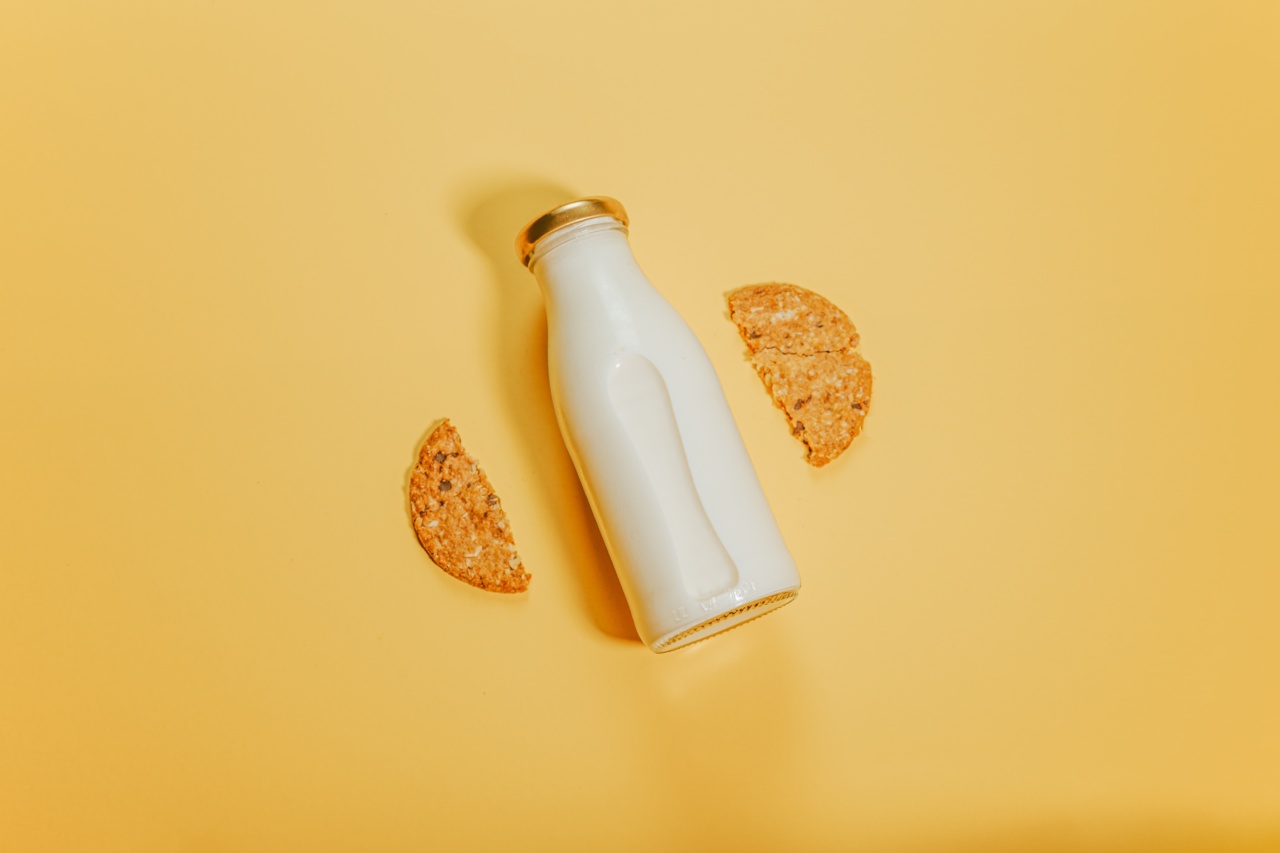Sleep is one of the most important activities that we perform every day.
It is crucial for us to have a sound and quality sleep for various reasons, such as improving our memory, reducing stress and anxiety, improving our mood, and boosting our immunity. However, many people experience difficulties in achieving restful sleep due to various reasons, including consuming certain foods before bedtime.
Why Does Food Impact Sleep?
The human body requires a sufficient balance of nutrients to function properly. When we consume certain foods that contain high levels of sugar, caffeine, or alcohol, it can become challenging to fall asleep or even stay asleep throughout the night.
These foods are known to interfere with the natural regulation of our sleep-wake cycle, also known as the circadian rhythm. Consuming large meals close to bedtime can also impact our sleep, as our body takes longer to digest these foods and can lead to discomfort and disturbed sleep.
The Relationship Between Sugar and Sleep
Sugar is one of the most common food ingredients in our daily diet. Consuming excessive amounts of sugar, particularly before bedtime, can have negative effects on our sleep quality.
Sugar spikes our blood glucose level, which fuels our body with extra energy. However, when this sugar-high effect subsides, our body is left feeling drained and tired. This fluctuation can lead to mood swings and affect the quality of our sleep, causing restless hours of sleep.
The Relationship Between Caffeine and Sleep
Caffeine is a natural stimulant found in many common beverages, such as coffee, tea, and soft drinks. Consuming caffeine before bedtime can lead to difficulty falling asleep and a reduction in total sleep duration.
Caffeine can stay in our body for up to 6-8 hours, which can disrupt our sleep-wake cycle and lead to disturbed sleep throughout the night. Therefore, it is recommended to avoid consuming anything with caffeine at least four hours before bedtime.
The Relationship Between Alcohol and Sleep
Alcohol can be a double-edged sword when it comes to sleep. While consuming a moderate amount of alcohol can help us fall asleep faster, it also contains chemicals that disrupt the overall quality of our sleep.
Alcohol suppresses our REM sleep (rapid eye movement) cycle, which is a crucial part of achieving deep sleep. This cycle is responsible for processing information and casting it into long-term memory, leading to reduced brain activity, and ultimately, poor sleep quality.
The Relationship Between High Fat Meals and Sleep
Consuming meals that are high in fat before bedtime can lead to poor sleep quality. Fat takes longer to digest, which can cause discomfort and make it challenging to fall asleep.
In particular, meals that contain a high amount of saturated fat can lead to the production of low levels of orexin in our brain, a critical hormone in controlling our sleep-wake cycle. Reduced levels of orexin can lead to a disturbance in our body’s natural sleep-wake cycle, ultimately disrupting our sleep quality.
The Relationship Between Fiber and Sleep
Fiber plays a crucial role in maintaining our overall health and ensuring we have quality sleep.
Consuming fiber before bedtime can improve our sleep quality as fiber-rich foods take longer to metabolize, leading to improved blood sugar regulation and a reduced risk of fluctuating glucose levels. Foods such as whole grains, nuts, vegetables, and fruits contain high levels of fiber and should be included in our diet to promote better sleep.
The Relationship Between Melatonin and Sleep
Melatonin is a hormone that plays a vital role in regulating our sleep-wake cycle. It is often referred to as the “sleep hormone” as it signals to our brain that it is time to rest.
Melatonin is found in several foods, including grains, nuts, and certain types of fruits, such as cherries. Including these foods in our diet can improve our overall sleep quality. Additionally, low melatonin levels can be associated with a lack of quality sleep, leading to sleep disorders such as insomnia, restless leg syndrome, and sleep apnea.
The Relationship Between Nutrients and Sleep
The human body requires specific nutrients to maintain a proper sleep cycle. Consuming foods that contain high levels of magnesium, calcium, potassium, and iron can aid in improving our sleep quality.
Magnesium plays a vital role in relaxing our muscles and stabilizing our mood, leading to better sleep. Calcium is responsible for strengthening our bones and muscles and helps regulate our sleep-wake cycle. Potassium plays a role in calming our nerves and muscles, leading to a more relaxed and comfortable sleep.
Iron helps regulate our circadian rhythm and ensure more quality and restful sleep.
The Bottom Line
Consuming a balanced diet is vital in ensuring we achieve quality sleep. Our diet plays a significant role in regulating our body’s natural sleep-wake cycle and can have a significant impact on our overall health.
By avoiding foods that can negatively impact our sleep quality and including foods that aid in improving our quality of rest, we can achieve a better night’s sleep that leads to overall improved health and well-being.






























